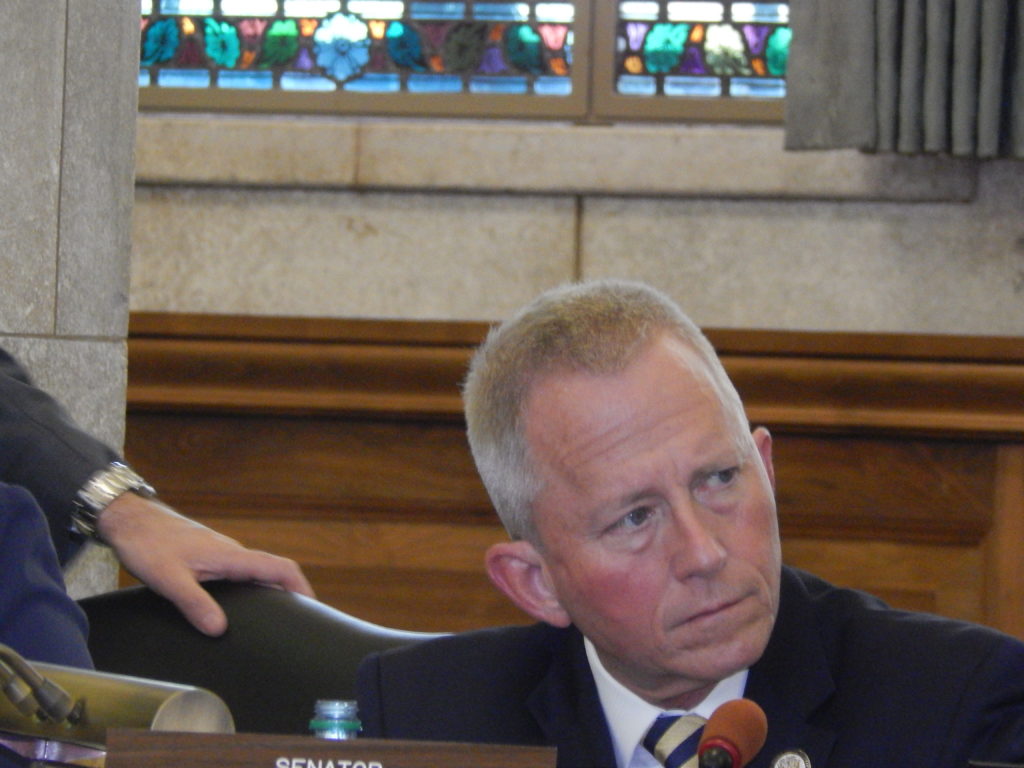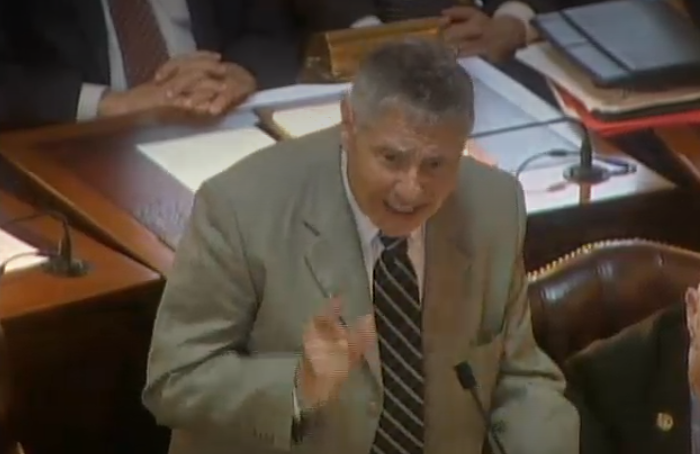New Jersey Congressman Jeff Van Drew recently commended Rhode Island’s decision to reject an offshore wind proposal, citing concerns over potential negative impacts on the environment and local communities. Van Drew, a staunch advocate for responsible energy development, believes that the rejection of the project is a step in the right direction for preserving the state’s natural resources and ensuring the well-being of its residents.
The proposed offshore wind project, known as the South Fork Wind Farm, aimed to construct 15 wind turbines off the coast of Rhode Island. The project, developed by Danish energy company Ørsted and New England utility Eversource, aimed to generate clean energy and reduce carbon emissions. However, concerns were raised regarding the potential impact on marine life, fishing industries, and local tourism.
Congressman Van Drew, who represents New Jersey’s 2nd congressional district, has been a vocal critic of offshore wind projects that could negatively impact coastal communities. He believes that while renewable energy is crucial for combating climate change, it should not come at the expense of other vital industries or the environment.
In a statement, Van Drew expressed his support for Rhode Island’s decision, stating, “It is important that we prioritize responsible energy development that takes into account the concerns of local communities and protects our natural resources. While offshore wind has its merits, we must ensure that it is implemented in a way that does not harm our fishing industries or disrupt our coastal ecosystems.”
The congressman’s concerns echo those of many fishermen and environmentalists who worry about the potential disruption to marine ecosystems and the livelihoods of those dependent on fishing. Rhode Island has a thriving fishing industry, and any potential harm caused by the wind farm could have significant economic consequences for local fishermen and their communities.
Additionally, concerns have been raised about the visual impact of the wind turbines on the state’s picturesque coastline, which attracts tourists from around the world. Critics argue that the presence of large-scale wind turbines could detract from the natural beauty of the area and negatively impact tourism, a vital source of revenue for Rhode Island.
While renewable energy is an essential component of transitioning to a more sustainable future, it is crucial to strike a balance between clean energy development and the preservation of local industries and ecosystems. Congressman Van Drew’s commendation of Rhode Island’s rejection of the offshore wind proposal highlights the importance of considering all stakeholders’ concerns and finding solutions that benefit both the environment and local communities.
Moving forward, it is essential for policymakers and developers to engage in open dialogue with affected communities, fishermen, and environmental experts to address concerns and find mutually beneficial solutions. By doing so, we can ensure that renewable energy projects are implemented responsibly, minimizing negative impacts and maximizing the benefits for all involved parties.




